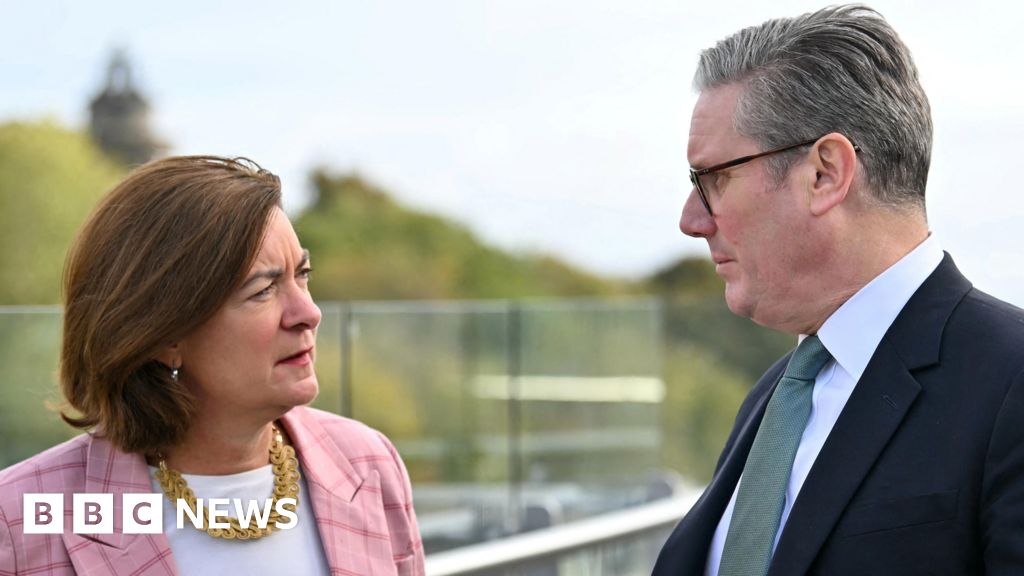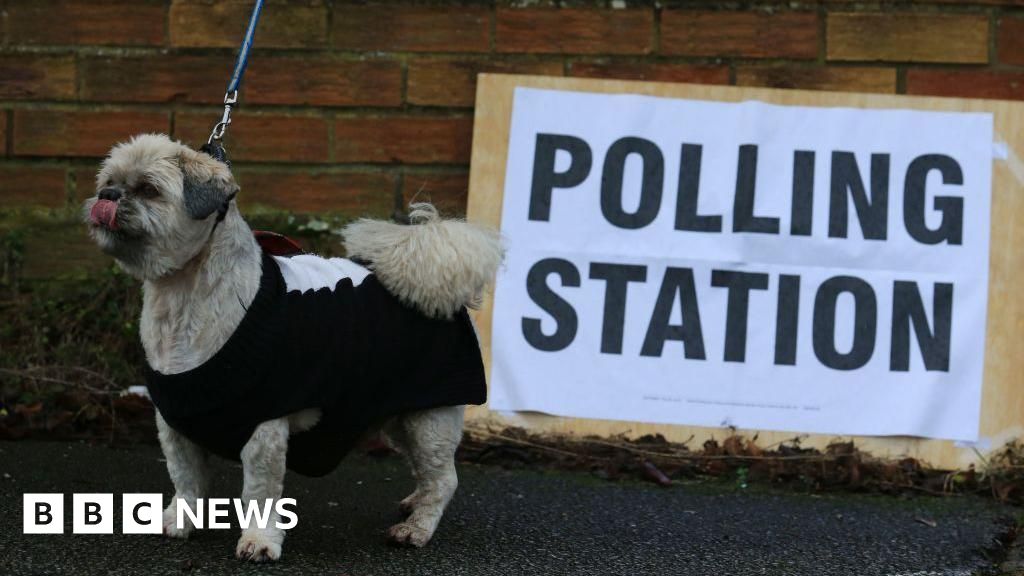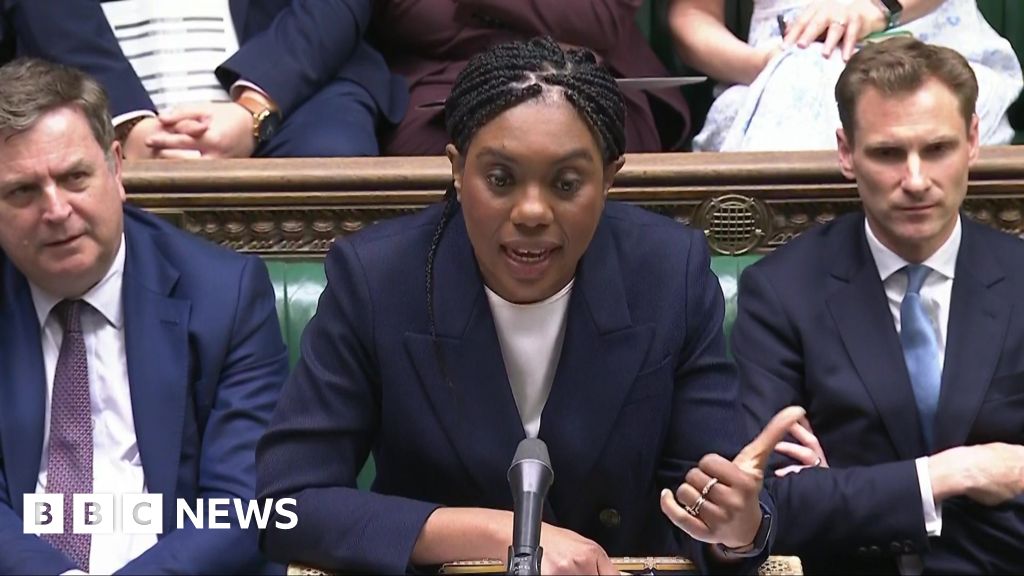ARTICLE AD BOX
What happened on Bloody Sunday was "wrong, full stop", David Cameron tells BBC's Talkback programme
David Cameron has said his apology for Bloody Sunday made it clear there was no doubt what happened was wrong.
When the Saville Inquiry was published in 2010, he said the killings were "unjustified and unjustifiable".
Thirteen people were shot dead when soldiers opened fire on civil rights demonstrators in Londonderry on 30 January 1972.
Ahead of the 50th anniversary, the former prime minister said he had wanted to make a "proper apology".
After reading the Saville Inquiry into the day's events, he considered how he felt about what he had read, Mr Cameron told the BBC's Talkback programme.
"It seemed to me that those words [unjustified and unjustifiable] best summed it up," he said.
"You couldn't leave any doubt.
"Unjustified and unjustifiable means let's not go on arguing about this, what happened was wrong, full stop, end of and let's make a proper apology.
"Sometimes with these sort of events politicians - and I can be guilty of this - qualify the apology or shade around the edges.
"On this occasion it needed to be absolutely direct and clear."
Mr Cameron made the remarks in the House of Commons and said he was unsure how they would be received in Derry.
He added: "I remember watching the news later that day and being very moved by the scenes and understanding how much this had meant to people."
The march on Bloody Sunday was in protest against a new law giving the authorities the power to imprison people without trial
Meanwhile, Taoiseach (Irish Prime Minister) Micheál Martin has said the events of Bloody Sunday were "indelibly imprinted" on the minds of "many families across the island of Ireland".
On Sunday he will lay a wreath at a memorial service in Derry - the first serving taoiseach to do so.
"It was a huge turning point in some respects and remains on as an enduring injustice at the heart of the Northern Ireland Troubles," Mr Martin told BBC Radio Foyle.
He paid tribute to the "persistence, dignity, and resilience" of the Bloody Sunday victims' families, some of whom he will meet privately on Sunday.
He added: "The journey of justice was a long one, but I think it now stands as a monument in itself and an inspiration to others around the world.
"They got the truth, they got a state apology from the British prime minister and they got support from subsequent Irish governments but it went on too long".
Politicians, he added, must learn from the past and save future generations from violence.
On Wednesday, Prime Minister Boris Johnson also paid tribute to the Bloody Sunday victims' families during Prime Minister's Questions.
Mr Johnson described it as "one of the darkest days in our history" and said in the run up to the anniversary "we must learn from the past, reconcile and build a shared and prosperous future".
The years after Bloody Sunday
Image source, Pacemaker
Image caption,Guildhall Square was packed for David Cameron's apology on behalf of the state in 2010
Two public inquiries have been carried out into the events of Bloody Sunday.
The Widgery Tribunal, which was announced shortly after Bloody Sunday, largely cleared the soldiers and British authorities of blame.
The Saville Inquiry, published in 2010, found none of the casualties were posing a threat or doing anything that would justify their shooting.
The then Prime Minister David Cameron issued an apology on behalf of the state in the House of Commons, saying the killings were "unjustified and unjustifiable".
Following the publication of the Saville Inquiry, the Police Service of Northern Ireland (PSNI) began a murder investigation in 2010.
It took a number of years to complete and detectives then submitted their files to the Public Prosecution Service (PPS) towards the end of 2016.
Having weighed up 125,000 pages of material, prosecutors said on 14 March they would prosecute a soldier, known only as Soldier F, for the murders of James Wray and William McKinney on Bloody Sunday.
Soldier F also faced charges for the attempted murders of Patrick O'Donnell, Joseph Friel, Joe Mahon and Michael Quinn.
On 2 July 2021, it was announced Soldier F would not face trial following a decision by the PPS.
The PPS said after "careful consideration" the decision had been taken due to another recent court ruling which found evidence being relied upon in the prosecution of Soldier A and Soldier C for the killing of Joe McCann was inadmissible.
This was due to the circumstances in which the evidence was obtained.
The decision not to proceed with the case is now the subject of live judicial review proceedings following a legal challenge brought by a brother of one of the Bloody Sunday victims.

 3 years ago
29
3 years ago
29








 English (US) ·
English (US) ·